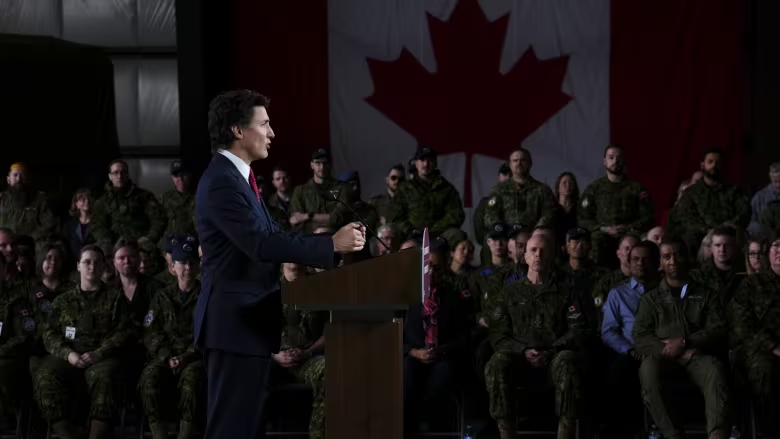Canada’s Defense Spending Debate: Balancing Soft Power and NATO Expectations
Toronto, July 9, 2024: Canada’s ongoing reluctance to meet NATO’s guideline of allocating at least two percent of GDP towards defense spending has sparked significant debate and scrutiny, reflecting broader philosophical and political considerations within the government.
At a recent panel debate in Toronto, Foreign Affairs Minister Mélanie Joly staunchly defended Canada’s stance, emphasizing a commitment to the rules-based international order while downplaying the imperative of increased military expenditures. Joly’s remarks underscored Canada’s preference for soft power strategies—diplomatic and developmental initiatives—over traditional military investments, despite pressure from NATO allies.
The debate highlights a longstanding ideological divide within Canadian politics regarding the role of hard power in international relations. Critics argue that Canada’s cautious approach towards defense spending risks undermining its credibility as a reliable NATO ally, particularly amidst global security challenges such as Russia’s aggression in Ukraine.
Prime Minister Justin Trudeau’s administration has faced criticism for prioritizing economic sanctions and diplomacy over military interventions in addressing international conflicts. Defence Minister Bill Blair, while optimistic about meeting NATO targets with planned military investments, acknowledges the uphill battle in convincing policymakers and the public of the necessity of increased defense spending.
The Canadian government’s Indo-Pacific strategy, released in late 2022, symbolizes this balancing act—incorporating both military presence and diplomatic efforts—reflecting Canada’s nuanced approach to global security challenges.
As Canada prepares for the upcoming NATO summit, the discourse on defense spending remains pivotal, reflecting not just financial commitments but also fundamental philosophical perspectives on international engagement and national security priorities.

